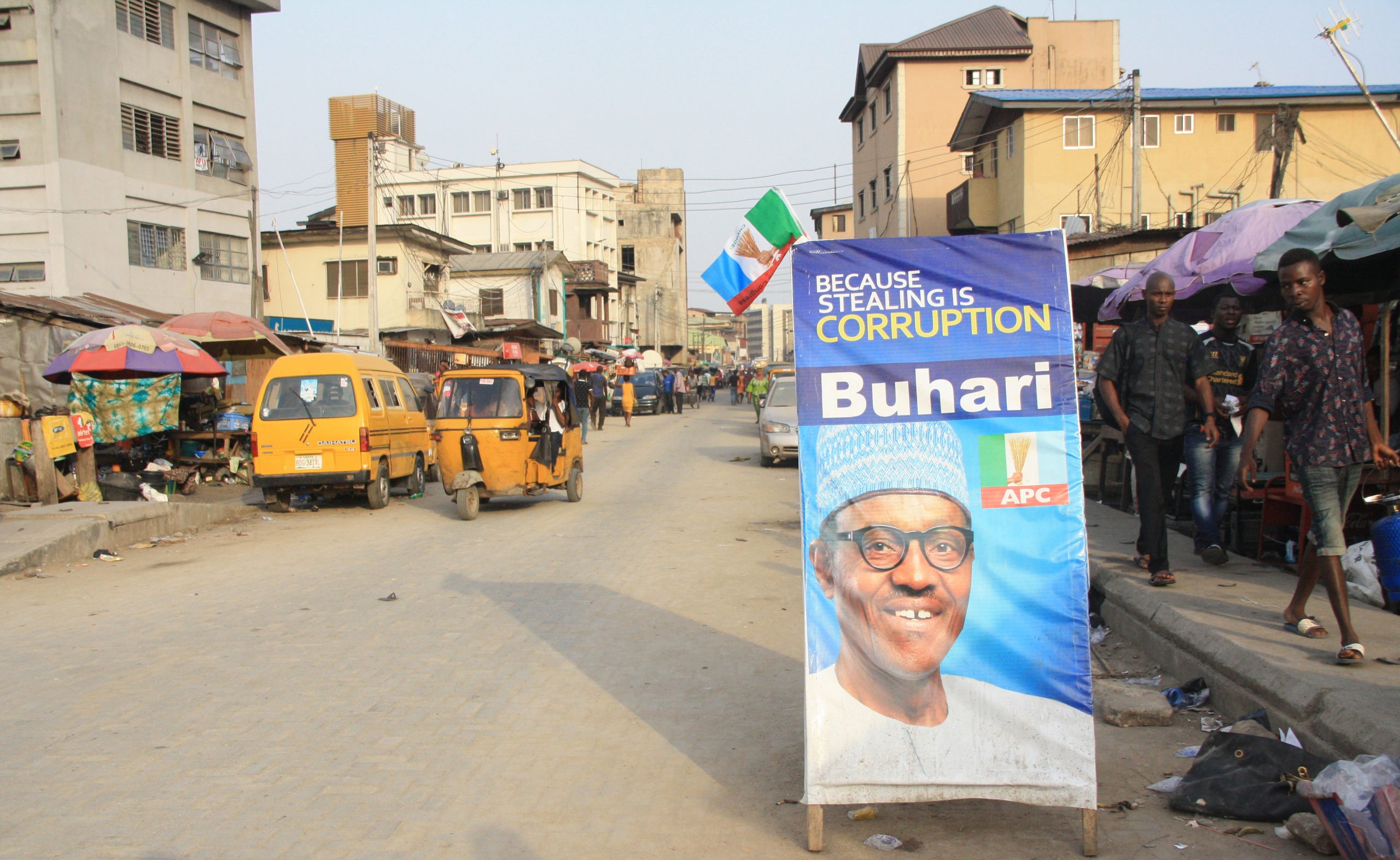How will traumatic decarbonization affect peace processes and political settlements in fragile oil-producing states in Africa and the Middle East?
From the Nigerian people to scholars, and even Nigerian government officials, the Nigerian government is often described as an elite cartel focused on dividing up the immense oil spoils. Oil has historically accounted for 65 – 85 percent of government revenues, but what happens when the oil money dries up? In essence, what happens when Nigeria’s rentier state loses its main source of revenue? While this was once a distant question, the 2020 twin demand and supply shocks to oil have not only brought this question center stage but have also provided evidence of how traumatic decarbonization, rapid loss of oil revenues, will affect contemporary Nigerian politics.
This paper analyzes how the 2020 twin oil shocks affected political settlements in Nigeria and the implications for future oil shocks or transitions. It is based on information that was available to policymakers at the time to understand how they made decisions, what they prioritized, and the implications of those decisions.
Access the full report, The Politics of an Oil Crash: How the 2020 Oil Shock Affected Political Settlements in Nigeria and Implications for Future Shocks
The Carbon Compacts, Decarbonization, and Peace in Fragile States in Africa and the Middle East project was a 21-month research project led by the World Peace Foundation at Tufts University and funded by the United States Institute for Peace. Our goal within the project was to analyze how traumatic decarbonization—a rapid loss of oil rents—would affect peace processes and political settlements in fragile oil-producing states in Africa and the Middle East.
Photo: “Untitled” by Clara Sanchiz/RNW. Attribution-ShareAlike 2.0 Generic(CC BY-SA 2.0)



